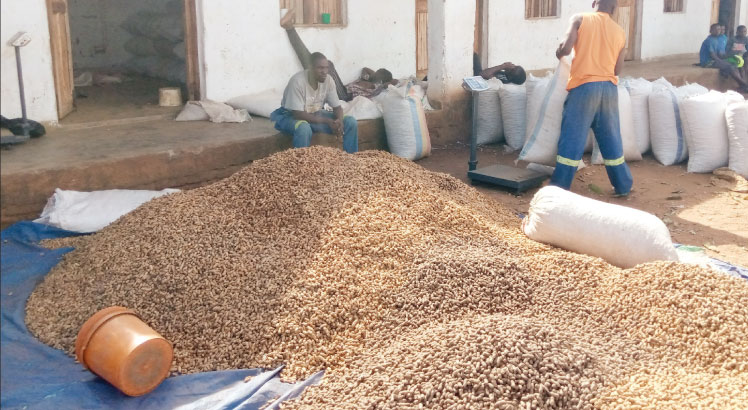Liberalisation: Fears of losing trade taxes

Trending now is trade liberalisation, the steps taken to remove all hurdles to trade including tariffs which unfortunately are a source of income for some poor countries such as Malawi.
Last year, the Malawi Revenue Authority (MRA) collected K32.8 billion from import duty, which is about 11.8 percent of Malawi’s total tax revenue.
Thus on the face of it, liberalisation will rob the country a remarkable chunk of revenue therefore defeating the whole purpose of trade liberalisation which apparently is economic development.
Trade liberalisation is based on economic principles of scale, which will arguably prompt commerce, stimulate economic growth and finally eradicate poverty. Sounds plausible, but what about the case of Malawi and others that rely on import tax revenue for their development agenda?
Malawi is a member of both the Southern African Development Community (Sadc) and the Common Market for Eastern and Southern Africa (Comesa) whose agenda is to liberalise trade through the creation of a free trade area, a customs union and later a monetary union.
That is members of Sadc, Comesa and the envisaged tripartite free trade area will eventually remove substantially duties on goods originating among themselves.
Taking Sadc as a proxy of Comesa and the envisaged tripartite free trade area, experts argue that poor countries loss of revenue due to liberalisation will not be huge.
A research paper by Kisukyabo Simwaka titled An Empirical Evaluation of Trade Potential in Sadc notes that almost all members’ trade taxes is at least 10 percent of total government revenue.
Further the paper notes that in Malawi and Zambia, import duty collections after full implementation of Sadc free trade are predicted to fall by 50 percent and 66 percent respectively, relative to what they would be in the absence of the protocol and of any other reductions in import tariffs.
However, Zimbabwe, Mozambique, Mauritus and Tanzania are predicted to face reductions of 42 percent, 34 percent, 24 percent, and 12 percent respectively.
However, the paper notes that from a broader economic policy perspective, the problems are much less serious than they might appear to a customs collector.
Simwaka argues that Sadc member States generally rely, to a relatively small and shrinking extent, on import duties as a source of government revenue.
He points out that the import duty losses in Zambia, Malawi and Zimbabwe due to full implementation of Sadc free trade represent reductions of only nine percent, eight percent and seven percent respectively, in total government revenues.
Back to the drivers of regional integration or trade liberalisation, the notion is based on access to an enlarged market, which can foster economic growth because of economies of scale in domestic production, increased competition and hence opportunities for improving efficiencies. That is arguably regional integration will encourage investment and increase other sources of tax revenue. That is MRA tax revenue will shift from import duty and drift towards income and profits.
Simwaka however adds that exposure to South Africa competition will inevitably eliminate some [local] production; more efficient firms will improve productivity and output.
He further argues that exposure to South Africa competition will help prepare smaller countries such as Malawi for greater integration into the world economy by enhancing both quality and productivity, and thereby competitiveness increased intra regional trade along with inflows of foreign capital can help to boost industrial development and diversification of the export base.
Of course regardless of trade creation, through economies of scale and other associated advantages some experts still caution against the move and hence smaller economies need to be careful.
Experts argue that the removal of trade barriers, structural unemployment may occur in the short- term and hence can impact upon large numbers of workers, their families and local economies.
Other experts argue that international markets are not a level playing field as countries with surplus products may dump them on world markets at below cost and thus some efficient industries may find it difficult to compete for long periods under such conditions.
However, the Sadc protocol on trade provide against that. It provides for a phased reduction and eventual elimination of import duties, in accordance with Article 3 of this Protocol, on goods originating in member States.
The protocol adds that the process should be accompanied by an industrialisation strategy to improve the competitiveness of member States.





